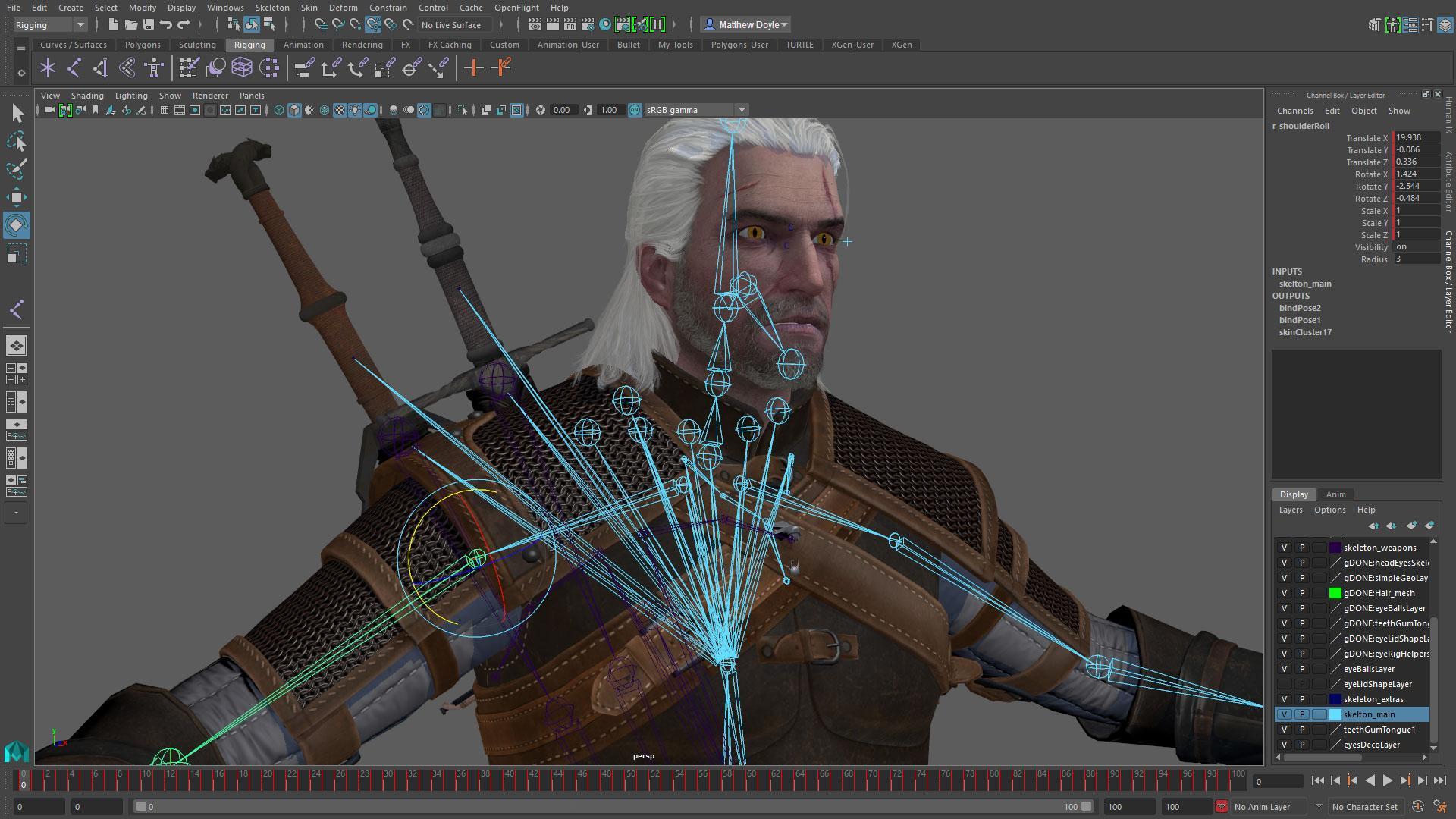
Developing a PC game involves a complex blend of creativity, technology, and player-centric design. It begins with a core concept—whether it’s an epic RPG, a fast-paced shooter, or a strategic simulation—focused on delivering engaging gameplay and immersive storytelling.
Game developers combine programming, art, and sound to create seamless experiences. Designing intuitive controls, balanced mechanics, and compelling narratives requires collaboration across multiple disciplines. Engines like Unreal Engine and Unity provide powerful tools to build rich 3D worlds and realistic physics.
From character modeling and animation to environmental design and audio integration, every element is crafted with care. Developers also optimize performance to ensure smooth gameplay across a range of hardware configurations, from high-end rigs to mid-tier systems.
Successful PC games are the result of iterative design and teamwork, where innovation meets technical expertise to create captivating interactive experiences enjoyed by millions worldwide.
Core Benefits of Understanding PC Game Development
Knowing the development process helps gamers appreciate the artistry behind every detail, from graphics to gameplay mechanics.
Understanding optimization challenges explains why developers balance visual quality and performance so carefully.
Learning about iterative testing shows how feedback loops create smoother, more enjoyable gaming experiences.
Familiarity with design challenges reveals how creativity and technology merge to innovate new gameplay styles.
Grasping development basics helps players support and engage with indie developers pushing the medium forward.